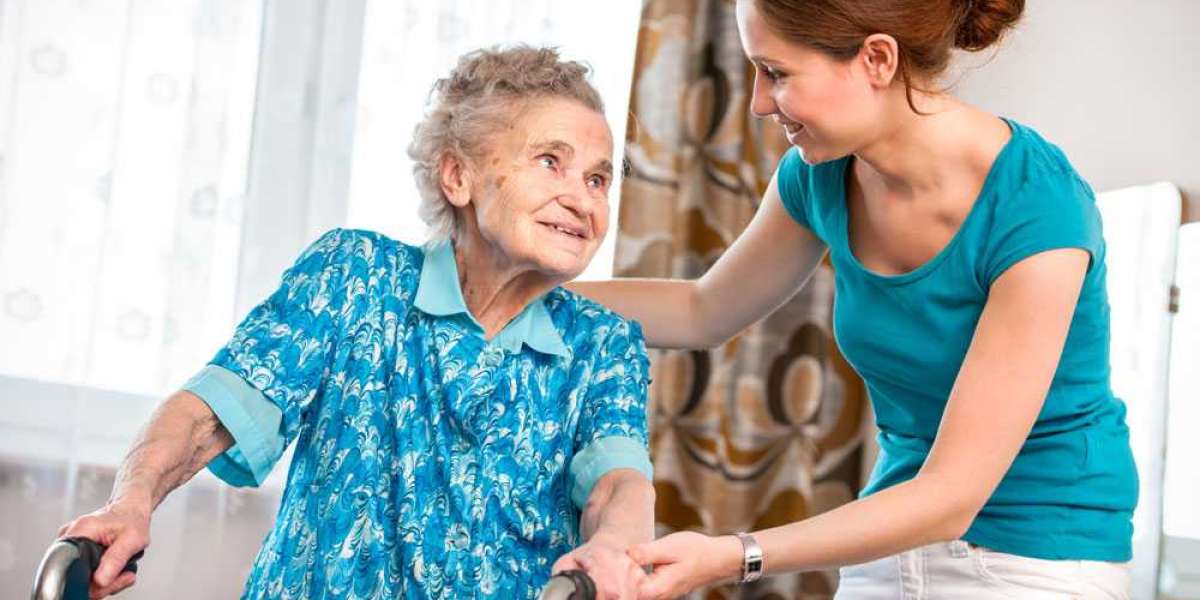What Exactly Is Eldercare?
Eldercare is a broad term that refers to a wide range of services that are designed to help older people live as comfortably and independently as possible in their later years. Transportation, cooking, and cleaning are just a few examples, while complex medical care is another.
How Eldercare Is Provided
When people get older—or very old—they frequently experience physical or mental difficulties that impair their ability to carry out their normal activities, which are referred to as activities of daily living by experts and insurance companies. Here's where eldercare comes in to play.
The people who provide care for the elderly are as diverse as the people who provide care for them: family members, hired help, and skilled medical professionals. They may or may not be compensated for their services. The care of the elderly is available in a variety of settings, including their own homes and more formal institutional settings such as an assisted living facility, a memory-care facility, or a full-service nursing home.
Those over the age of 65 who suffer from chronic or debilitating conditions are likely to require significantly more attention or hands-on care than those who only have minor physical issues. Memory problems frequently play a role in determining whether or not an individual requires care, as well as the level of care that is required. For example, someone who forgets to take their medications every now and then may only require a small amount of assistance to ensure that they take the correct pills at the correct dosages on a daily basis. Someone, on the other hand, who puts a pot of soup on the stove and then forgets about it for hours on end may require more consistent supervision.
What Does Eldercare Cost in the United States?
The majority of eldercare in the United States is provided by family members. Many adult children and other relatives are willing to do it for free (and often at a considerable burden to themselves in terms of lost work, physical and emotional stress, and out-of-pocket expenses). In some families, family members will share the responsibilities or contribute to the caregiver's expenses in order to reduce the burden on the caregiver.
In other instances, it may be necessary to hire a third party. The fees charged by paid caregivers vary widely depending on their level of expertise, the services they provide, and the location where the elderly person resides. In the United States, the Department of Health and Human Services (HHS) estimates that the median national cost of a caregiver is $20 per hour.
However, the cost may be significantly higher in some states and cities than in others. According to Genworth, a company that sells long-term care insurance, the national median hourly rate for homemaker services is $23.50, the daily rate for adult day health care is $74, and the daily rate for nursing home care is $255.
If the elderly person is no longer able to care for himself or herself at home and must be admitted to a facility, the costs will rise accordingly. According to the Department of Health and Human Services, a semi-private room in a nursing home costs on average $80,000 per year. 3 However, as previously stated, these figures can vary significantly depending on location.
Medicare is a federal-state partnership program, whereas Medicaid is a federal-state partnership program, with some states providing more generous eldercare coverage than others. As a result, make sure you are aware of the opportunities available in your state, as well as the eligibility requirements.
What Will Be Covered by Insurance?
The majority of eldercare services are not covered by traditional health insurance. Medicare, the federal health insurance program for Americans over the age of 65, pays for services only if they are deemed medically necessary by the program's administrators. When it comes to custodial or personal care, such as assistance with bathing or dressing, Medicare does not cover it unless it is the only type of assistance the person requires. It will also not cover homemaker services such as grocery shopping or laundry, if that is all that is required. Medicare, on the other hand, will cover skilled nursing care or home health aide services that are provided on a part-time or intermittent basis.
Medicaid
In the United States, Medicaid is a joint federal and state health insurance program for people with low incomes and assets. It provides broader coverage, but only after a person has spent down enough of their savings to qualify for the program. The federal government requires that certain services be provided by all states; however, states are free to add additional services at their discretion. Home health services and services in a skilled nursing facility, for example, are covered by Medicaid. In some states, it will also cover the cost of personal care services.
Please contact your state's State Health Insurance Assistance Program for more information on what Medicare and Medicaid cover, as well as the requirements for receiving benefits under these programs (SHIP). Contact information for all 50 states, the District of Columbia, Guam, Puerto Rico, and the United States Virgin Islands can be found on the SHIP National Technical Assistance Center website, as well as for the District of Columbia and Guam.
Benefits from the Veterans Administration
If the elderly person qualifies for veterans benefits, the United States Department of Veterans Affairs (VA) may also be able to provide financial assistance to them. Its programs cover a wide range of healthcare benefits, as well as pension increases for those who require the assistance of a caregiver or are confined to their homes. More information about these benefits can be found on the VA's website.
Private Insurance is a type of insurance that is purchased privately.
Some eldercare costs can be covered by private insurance, which is also available. Depending on the policy, skilled nursing care and custodial care in the home, as well as in an assisted living facility or nursing home, may be covered up to a certain amount of time. However, the policy must be purchased before the individual will require such services, and the annual premiums can quickly become prohibitively expensive for those earning a modest income.
What's the bottom line?
The cost of eldercare can be prohibitively expensive, so it is wise for individuals and families to budget for the day when they may require it. Not only can this help to ensure that the elderly person receives the care they require, but it can also help to avoid any misunderstandings among family members about who is responsible for what. Fortunately, there are public and private resources available to assist you.
The Eldercare Locator, which is sponsored by the United States Administration on Aging and contains information about agencies and other resources available in a given region, in addition to the ones listed above, is another useful resource. It's a good place to start for caregivers who are looking for help for a loved one in need.



